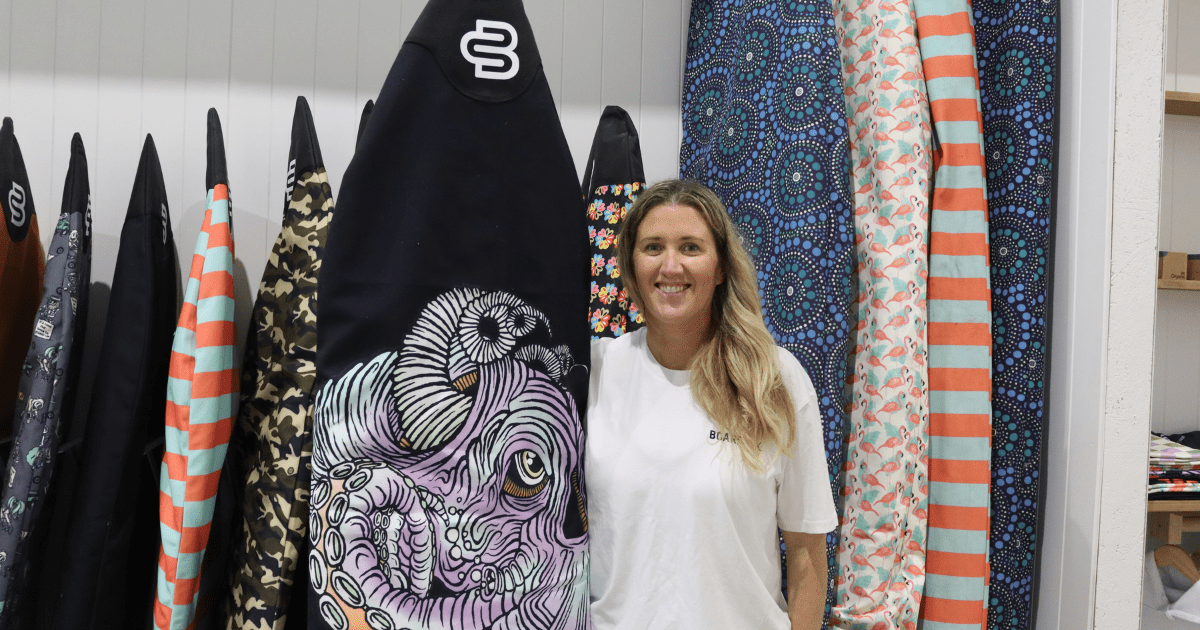Australian falls prevention technology starts trials

StandingTall is an individually-tailored, home-based, fall prevention program based around a specific set of balance exercises delivered through a tablet computer.
Falls and fractures are a leading cause of hospitalisation in seniors, with one-third of people over 65, and one in two people over 80 experiencing a major fall each year.
For older Australians, the social and personal impact of a fall can be enormous; especially when the fall results in mobility related disability and a sudden loss of independence.
Neuroscience Research Australia (NeuRA), under the leadership of Associate Professor Kim Delbaere has developed an innovative, world-first, technology-based program called StandingTall to address the needs of correcting falls and balance in seniors.
As a recent recipient of a federal government National Health and Medical Research Council grant (NHMRC) and now with national NSW and VIC partnerships and an international UK partnership with the Northern Health Science Alliance (NHSA), StandingTall is set to start trials both here in Australia and in the UK.
StandingTall is an individually-tailored, home-based, fall prevention program based around a specific set of balance exercises delivered through a tablet computer.
Being an app accessed via the internet makes the program’s cost of delivery highly economical and then easily
deliverable across multiple cultures and languages worldwide.
The application includes more than 2,000 exercises with video instructions and is designed for older people to
use independently at home. It allows participants to choose when and for how long they exercise throughout the week, with a recommended dose of two hours of exercise each week.
The exercises are designed to train both static and dynamic balance skills, while standing on the floor or a foam cushion and while stepping in different directions and on a box.
This research aligns with local, state, national and international goals to reduce falls in older people of our eight project partners in both Australian and UK national health settings.
In Australia, the project has three New South Wales policy partners who will provide strategic advice to implement the
StandingTall program across the state.
These policy partners are the NSW Office of Preventive Health, Clinical Excellence Commission and Agency of Clinical
Innovation.
In addition, three Australian-based clinical partners will support the practical implementation process of StandingTall
into practice.
These clinical partners are two partnering NSW Local Health Districts (Mid-North Coast, Northern NSW), Uniting Care and Austin Health in Melbourne, Victoria.
Commenting on the UK interest, Associate Professor Kim Delbaere said “it is exciting to see an Australian invention aimed at reducing falls and improving balance in older people starting an international journey, made possible by an NHMRC grant and support from our partners”.
“The collaboration with the UKbased Northern Health Science Alliance happened quite organically, and it is pleasing to see their recognition of the benefits of this program developed over the last six years at NeuRA.”

















